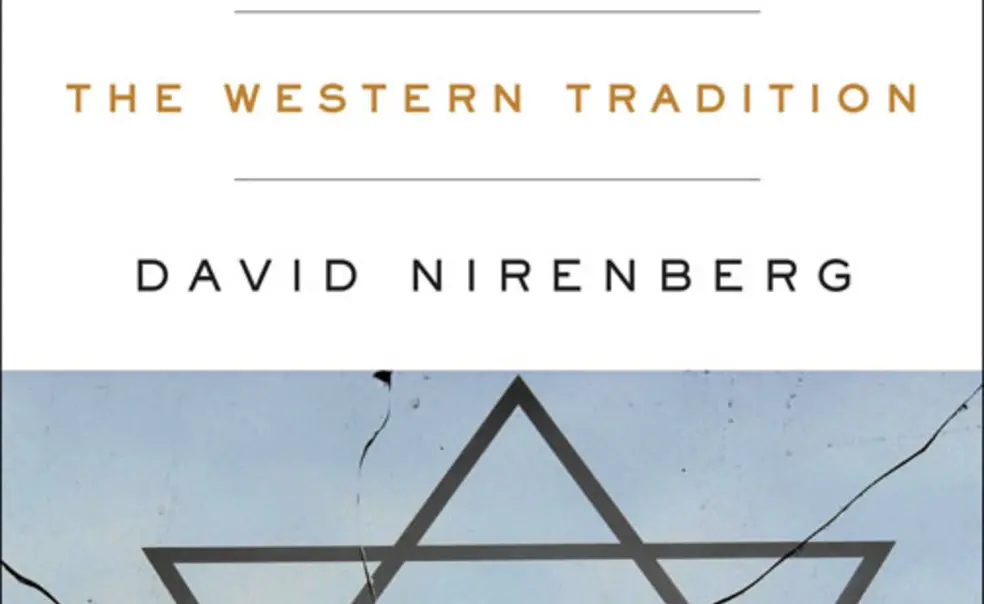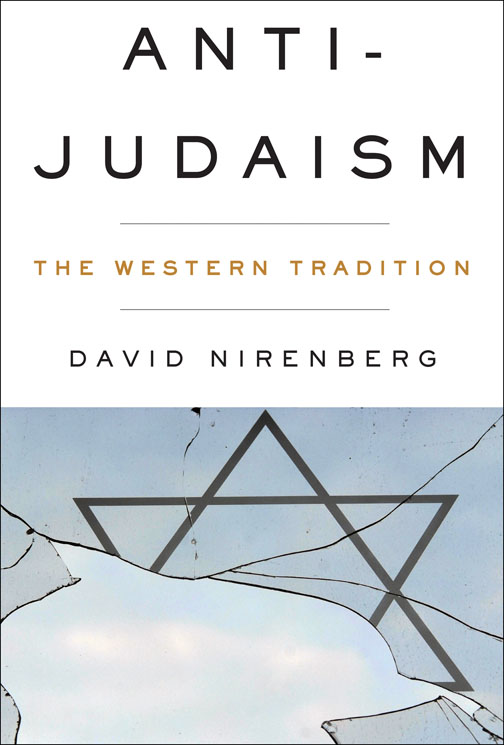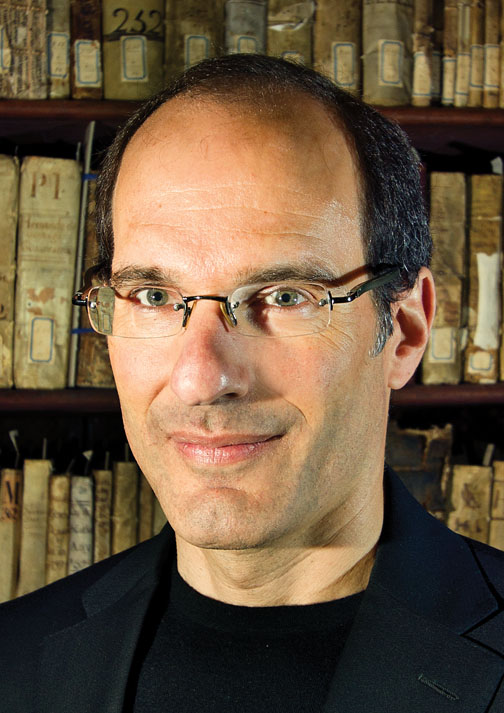The title of David Nirenberg *92’s new book announces its ambitions plainly: Anti-Judaism: The Western Tradition. The product of 10 years of research, it takes in a broad swath of history, from the time of the Egyptians to just after World War II.
Nirenberg sees Judaism as more than a religion — it is “a category, a set of ideas and attributes with which non-Jews can make sense of the world.” While anti-Semitism is targeted specifically at Jews and their religion, he argues, anti-Judaism is more widespread and is present even in societies where Jews are absent.
Again and again, anti-Judaism is reflected in the way that Jews have been portrayed as materialists who placed too much faith in human reason and treated social and political relationships in commercial terms. “Anti-Judaism has worked its way into the critical concepts of many cultures,” says Nirenberg, a professor of medieval history and social thought at the University of Chicago.
In fact, Nirenberg makes the provocative case in his book (published by W.W. Norton) that anti-Judaism is not peripheral to Western culture, but central to it. He took a very wide view to find its roots.
One text that is key to his thesis is St. Paul’s Letter to the Galatians. In that New Testament text Paul uses the term “Judaize” in a negative way to characterize the way converts to Christianity approached laws and customs. Over time, Paul’s interpretation was broadened in a way that cast Judaism as a representation of human attachment to the material world.
Nirenberg writes that “every modern field of thought” has its own streak of anti-Judaism. One chapter of his book looks at the character of Shylock in The Merchant of Venice. Why, Nirenberg asks, did Shakespeare choose a Jewish character as a “new way to represent the dangers and opportunities of commerce in a changing world?”
Nirenberg argues that anti-Judaism still influences our modes of thinking, citing the fact that many people believe the problems of the world are “best explained in terms of ‘Israel.’” One of the reasons he decided to write the book was because, shortly after 9/11, he heard two men arguing over whether Jews were responsible for the attacks, though the evidence clearly pointed elsewhere.
“It’s important to be aware of how our habits of thought color the way we make sense of the world,” he says. This is an issue “we can’t afford not to think about.”
WHAT HE’S READING: The Undivided Past: Humanity Beyond Our Differences, by Princeton history professor David Cannadine
What he likes about it: “The book takes a look at six categories of difference — religion, nation, class, gender, race, and civilization — and tries to show how these differences are never total. Behind them there is always the possibility of discovering a common humanity.”














No responses yet